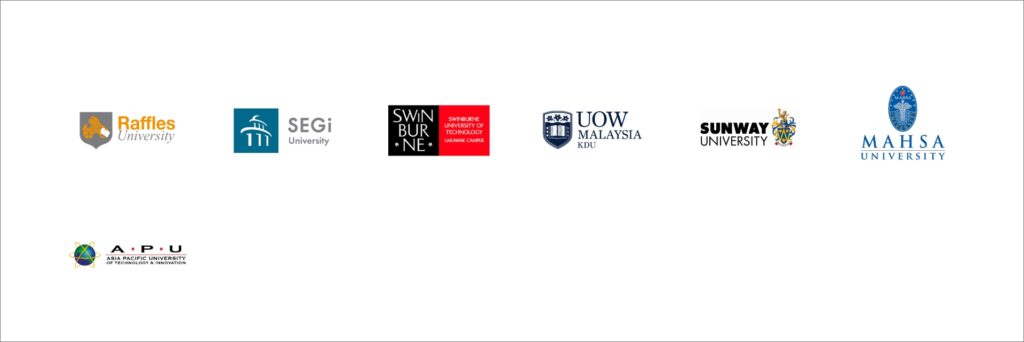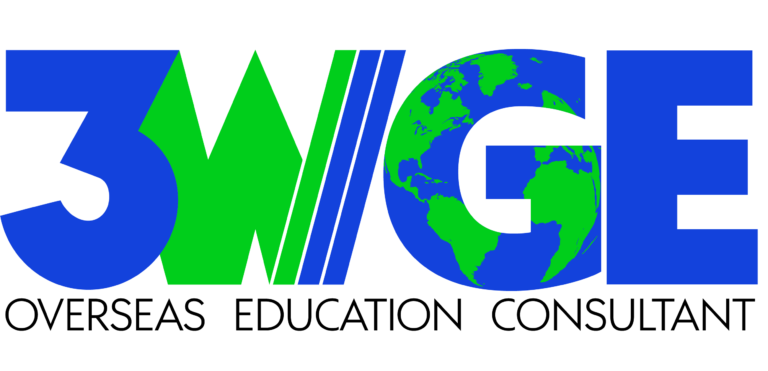Dubai
The UAE education system is divided into four tiers:
Kindergarten: KG 1 and KG 2 – 4 to 5 years old
Primary School: Grade 1 to 6 – 6 to 11 years old
Preparatory Stage: Grade 7 to 9 – 12 to 14 years old
Secondary School: Grade 10 to 12 – 15 to 17 years old
Recognising a constant need for progress, the UAE has sought to implement and monitor high-quality education standards by undertaking new policies, programmes, and initiatives. Throughout the Middle East, educational advancement is often impeded by insufficient focus on the English language, inadequate provision of technology as well as modern techniques of instruction and methodology. Stressing the importance of “modern curricula with assorted and non-monotonous means of training and evaluation”, the Emirates launched ambitious campaigns to develop each of these areas. At its foundation, lies the necessary funding, which in 2009 was earmarked at AED7.4 billion (USD2 billion), as well as increased teacher training. Through its ‘Teachers of the 21st Century’ and a two-hundred million dirham share of this budget, the UAE hopes to train 10,000 public school teachers within the next five years, while also pursuing its scheduled goal of reaching 90 per cent Emiratisation of its staff by 2020.
In addition, the UAE government believes that a poor grasp of English is one of the main employment barriers for UAE nationals; as a first remedial step, the Abu Dhabi Education Council has developed the New School Model, a critical-thinking-oriented curriculum modeled on that of New South Wales. This programme was unveiled in September 2010. In February 2006, the prime minister directed the education minister to take initial steps toward improving the quality of education, including the provision of permanent classrooms, computer laboratories, and modern facilities. In April 2007, however, in a major policy speech to the nation, the UAE vice president and prime minister stated that despite the steady increase in the education budget over the previous 20 years, teaching methods and curricula were obsolete, and the education system as a whole was weak. He demanded that the ministers of education and higher education work to find innovative and comprehensive solutions.
In early 2008, the UAE’s Ministry of Education launched a mentoring programme that assigns Western principals to 50 of 735 public schools across the UAE in an effort to modernise instructional strategies and implement Western methods of learning. Participating instructors emphasise the necessity of deviating from the traditional methods of passive memorisation and rote learning, instead of encouraging active student participation.
The Abu Dhabi Education Council (ADEC) has signed agreements with organisations like the International Baccalaureate Organisation as part of their efforts to widen the options and meet the needs of students.
Higher education
At the tertiary level, numerous institutions are available to the student body. In 1976, the United Arab Emirates University (UAEU) was established in Al Ain in Abu Dhabi Emirate. Consisting of nine colleges, it was considered by the UAE government to be the leading teaching and research institution in the country. More than 14,000 students were enrolled at UAEU in the first semester of the academic year 2006–7.
In 1988, the first four Higher Colleges of Technology (HCT) were opened, in Abu Dhabi and Al Ain. By the academic year 2014–15, 17 campuses offered more than 75 programmes, with a combined enrollment of more than 17,000 men and women. The commercial arm of the HCT, the Centre of Excellence for Applied Research and Training, is allied with multinational companies to provide training courses and professional development. In 1998, Zayed University was opened, initially for women only, with campuses in Abu Dhabi and Dubai. A USD100.7 million purpose-built campus in Dubai opened in 2006. Zayed University accepted select groups of male students starting in 2008 and now has a significant number of male students.
The Dubai Pharmacy College is UAE’s first Pharmacy college started in 1992 in Dubai. It offers both B.Pharm and M.Pharm (Clinical Pharmacy) degree that is accredited by the Ministry of Education and CAA.
American University in Dubai opened its doors in 1995 to join the successful ranks of its much older regional counterparts in Cairo and Beirut. Dubai is a centre for several international universities, including branches of the US-based universities; Michigan State University and Rochester Institute of Technology. Another institution based on American-style higher education; the American University in the Emirates opened in 2006. Through free zones designated for educational institutions (Dubai International Academic City and Dubai Knowledge Village), Dubai also hosts many universities from other countries, including India, Pakistan, and the U.K.
In Abu Dhabi, the New York Institute of Technology (NYIT) opened the first branch of an accredited U.S. university in 2005. Another New York-based institution, New York University (NYU), accepted its first class of students to its Abu Dhabi campus in autumn 2010. After seven hundred years and a very distinguished record in Paris, Université Paris-Sorbonne opened its first campus abroad in Abu Dhabi in 2006. Although its focus is largely on the arts and humanities, Emirati students attending international universities locally commonly prefer business, science, engineering, and computer programmes.
The UAE’s first medical school, Gulf Medical University, opened in 1998 in the Emirate of Ajman. It welcomes both genders and all nationalities. Originally known as Gulf Medical College, it expanded in 2008 to include dentistry, pharmacy, and other programmes in association with the Royal Australian College of General Practitioners.
UAE’s first Canadian university was opened in Dubai. Canadian University Dubai offers a Canadian-based curriculum accredited by the Ministry of Higher Education.
In 2003 Dubai established a dedicated education zone, Dubai Knowledge Village. The one-kilometre-long campus brings together globally recognised international universities, training centres, e-learning, and research and development companies in one location. As of early 2007, it had attracted 16 international university partners, which include Saint-Petersburg State, the University of Engineering and Economics, the University of Wollongong, Mahatma Gandhi University, and the Manchester Business School. Some of these institutions have since moved to a larger free zone in Dubai, Dubai International Academic City.
The Ministry of Higher Education and Scientific Research is the government ministry concerned with higher education. The Commission for Academic Accreditation (CAA), a department in the ministry, licenses institutions and accredits degree programmes. Institutions based in free zones do not need to seek CAA approval.
Upto 36 hours per week, full-time
Dubai is one of the most expensive cities in the UAE. But, due to zero income tax, the cost of living in Dubai is lower than in most cities. The cost of living is AED4,255 per month excluding tuition fees. The average cost of housing is AED2,679, food AED377 while transportation will come around AED436 per month.
Dubai is relatively liberal compared to the other Middle Eastern countries. Therefore, non-Muslim students are not required to follow religious laws that lie outside their beliefs.
Dubai is a developed country and therefore offers one of the best living standards among the Middle Eastern region.
Yes, you have the option of transferring to the UK/Australia/New Zealand to complete the remainder of your degree.
Our Partners and Principals


